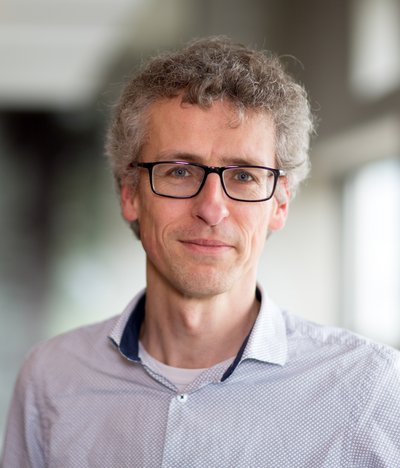Wybo Houkes
Department / Institute
Group

RESEARCH PROFILE
Wybo Houkes (1971) is professor in the philosophy of science and technology and chair of the Philosophy & Ethics group at TU/e. His research interests include: philosophy of technical artifacts, theories of cultural evolution, the philosophy of scientific modeling, and analyses of technological knowledge. His prior research, in the “Dual Nature of Technical Artefacts” program at Delft, resulted in the ICE-theory of technical functions, and analyses of use and design rooted in the philosophy of mind and action. In later projects, he studied what might distinguish science and engineering; and to what extent technological may be regarded as an evolutionary process – in disciplines as diverse as archaeology, organization studies, and electrical engineering. One of his main current interests is in the conceptual foundations of cultural-evolutionary theory. At TU/e, his courses look at the evolutionary foundations for innovation sciences; quantitative risk analysis; and philosophical issues arising in engineering, the social sciences, and modelling practices.
Technology is not the collection of the latest gadgets. It consists of actions by which humans have, for ages, changed their lives and the world around them.”
ACADEMIC BACKGROUND
Wybo Houkes received his PhD in philosophy at Leiden University (2000), after studying theoretical physics in Amsterdam and philosophy in Leiden. He was one of the principal researchers in the NWO research program ‘The Dual Nature of Technical Artefacts’ (Delft, 2000-2004) and joined Eindhoven's philosophy group in 2001. He became associate professor in 2009, and was appointed as chair of the Philosophy & Ethics group in 2015.
At TU/e, he was associate editor of ‘The ontology and epistemology of artefacts’ in the Handbook of Philosophy of Science: Philosophy of Technology and Engineering Sciences (Elsevier, 2009). In 2008, he became a VIDI laureate for the program ‘Darwinism in the Human-Made World’, in which he was principal investigator until 2013. In the academic year 2015-2016, he was a fellow in the research group ‘The Ethics of Copying’ at the ZiF in Bielefeld.
Key Publications
-
W.N. Houkes,P.E. Vermaas
Pluralism on artefact categories : a philosophical defense
Review of Philosophy and Psychology (2013) -
W.N. Houkes,K. Vaesen
Robust! : handle with care
Philosophy of Science (2012) -
W.N. Houkes,P.E. Vermaas
Technical functions : on the use and design of artefacts
(2010) -
W.N. Houkes
The nature of technological knowledge
(2009) -
W.N. Houkes,P.E. Vermaas,C.H. Dorst,M.J. Vries, de
Design and use as plans: an action-theoretical account
Design Studies (2002)
Ancillary Activities
No ancillary activities